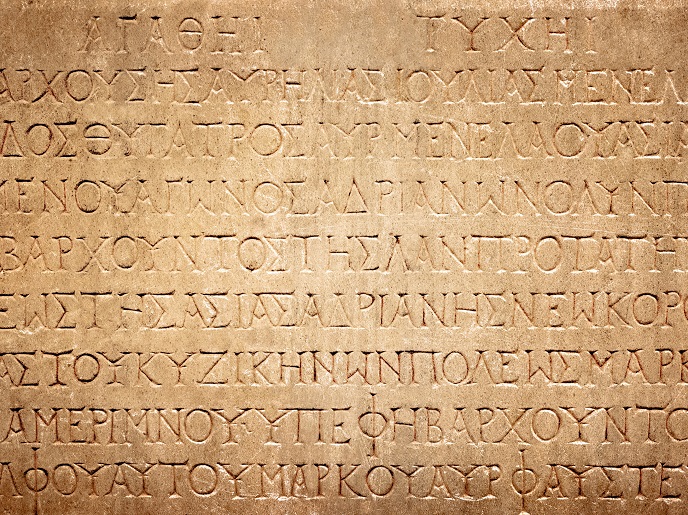Bridging the gap between policy and science thanks to visual model building
Tackling global challenges like climate change necessarily involves experts from the political, legal, social, environmental and economic domains, among others. Developing a policy can stumble at the outset when many stakeholders with different interests, expectations, constraints and objectives are brought together. The EU-funded GRACeFUL set out to smooth the procedure. It gathered seven universities and research centres to provide support for the human process of policy design across disciplines. The result is a rapid assessment tool (RAT) that shows the relative merits of various implementations, such as which is faster, cheaper, more resilient or least environmentally harmful. “The overall benefits of GRACeFUL are rapid assessment and design of policy plans, taking into account individual stakeholders’ preferences,” says project coordinator Tom Creemers. “That helps consensus building, mutual understanding and knowledge sharing among participants. It’s a step towards bridging the science-policy gap.” Global challenges Global Systems Science (GSS) aims to improve the way scientific knowledge informs and evaluates policy, and responses to global challenges like climate change, financial crises, pandemics and urban growth. The discipline emphasises systems thinking and the need to integrate or link data models and policies across all policy sectors with all societal actors. In group model building sessions, RATs provide support for interaction between the human process and existing scientific evidence. Digested evidence, like facts and knowledge about the real world, is used to rapidly assess the effects of actions and the extent to which they will solve a problem. The project focused on developing new tools and a methodology for Climate-Resilient Urban Design and water management. The developed tools have been successfully adopted in the curriculum of several courses conducted by the universities. They have also been assessed by a team of independent experts in the fields involved. “The evaluation that has been carried out to engage students of urban planning, water management, policy analysis and architecture,” explains Creemers. “It has proven the usability of the tools in sharing knowledge and enhancing the mutual understanding of the problems being solved.” Decision-making dynamics to produce sound policy advice GRACeFUL’s main innovation is a switch from time-consuming, trial-and-error approaches to modelling and enhancing the participatory planning procedure. The interdisciplinary approach enabled mutual learning and very advanced and sophisticated analyses of the decision-making and design process. The bridge between the social interaction and the underlying body of knowledge was achieved through modelling with a novel domain-specific language (DSL) of policy concept maps. Embedding this DSL into a programming language combining functional programming and constraint programming was a major breakthrough. Team members are actively seeking new funding opportunities for a follow-up project to further implement domain libraries and bring the tools closer to exploitation. The aim is to have the tools applicable to many GSS problems. “We have enabled the building of dedicated RATs for other imaginable domains within GSS,” concludes Creemers. “We hope several RATs for new fields will be written in the future. They will all support a new, human-centred, collective policy-making paradigm.”







